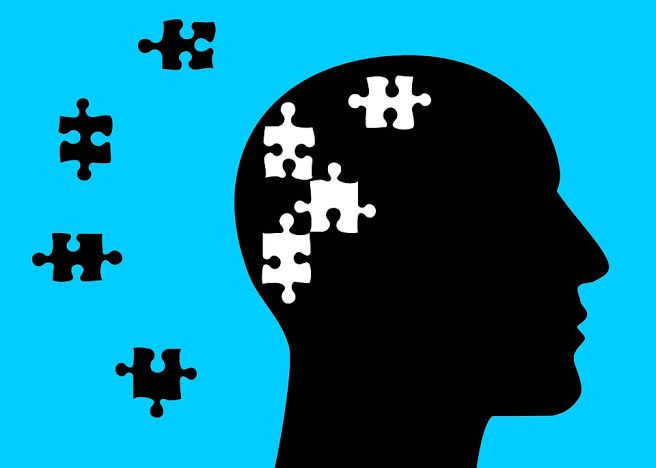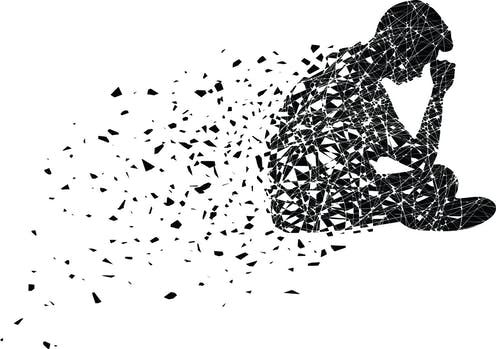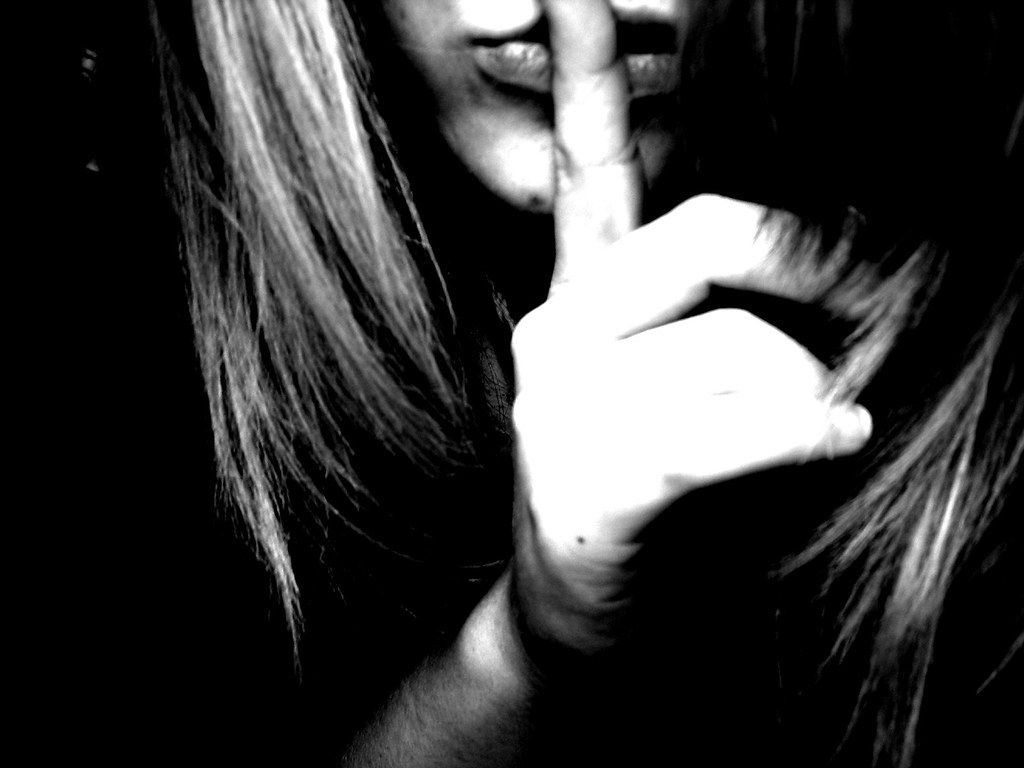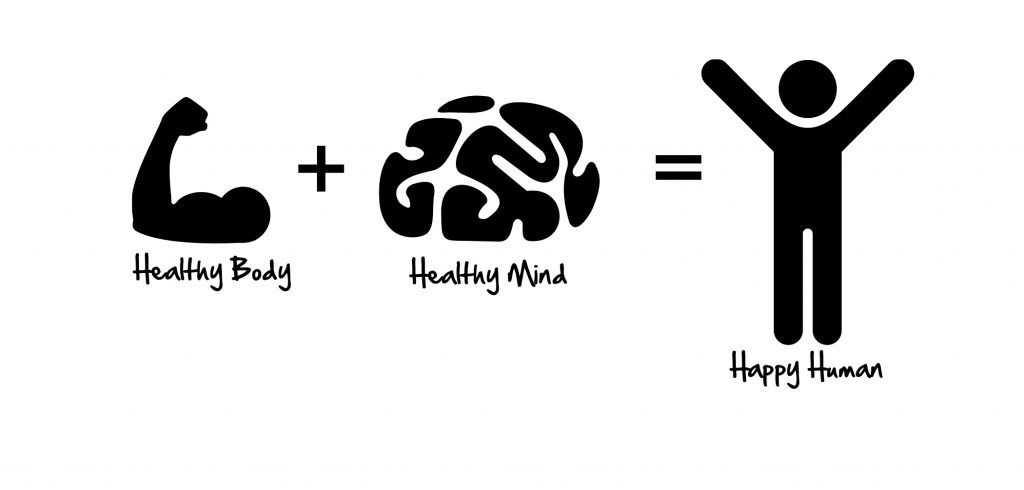Shhh! It Is Mental Health.
May 03, 2019 • 239 views

Mental health is a level of psychological well-being or an absence of mental illness-the state of someone who is “functioning at a satisfactory level of emotional and behavioural adjustment"(Wikipedia). A list was prepared by the World Health Organisation citing countries with the greatest burden of mental and behavioural disorders, in terms of most years of life lost due to disability or death adjusted for population size, and guess who tops the list? India.
Yes, India is the most depressed country in the world, according to WHO, followed by China and USA.

A study reported by WHO, conducted for the NCMH (National Care Of Medical Health), reveals that at least 6.5 per cent of the Indian population suffers from some form of serious mental disorder. On top of that, the figures of mental health workers (psychologists, psychiatrists, counsellors etc.) in the country is exceedingly insufficient. As of studies conducted till 2014, it was reported to be as low as ''one in 100,000 people''.
India is facing a grave mental health crisis, with approximately 56 million peoplesuffering from depression and 38 million from anxiety disorders, according to a report by the World Health Organisation. It will be shocking to know that one student commits suicide every hour in the country due to psychological distress. However, in spite of such deplorable conditions in mental health care in the nation, the attitude of the countrymen towards this issue is exacerbating things where a large section of the population uses derogatory terms to refer to a person suffering from mental illness, thinks that the presence of mentally unhealthy people will contaminate healthy people and that mental illness stems from the lack of self-discipline and determination and the like.
The lack of awareness and heavy stigma and taboo prevailing in the society prevent the affected individual and his family from discussing the issue for the fear of being judged, labelled and isolated. Hence it becomes all the more difficult for them to come out of their problems and they remain stuck helplessly in a harrowing impasse.

The Mental Health Act gives the patient "the right to accept or refuse treatment" and to make "informed decisions about his treatment". If a person with a mental disorder is found to be unfit to give consent, the consent must be given by the patient's relative, friend or authority who is, of course, authorized to decide on the patient's behalf and in the patient's best interest. In case of minors, their parents or guardians must give consent. In all such cases, it is understandable that if the decision-maker is not aware of the issue at hand or is stigmatised about it, then the patient goes untreated for long. Also, a person, close to the patient, who wishes for him to undergo treatment and get better, but isn't in any legal position to take decisions, simply has to sit passively and watch his friend suffer, for any forceful action on his part would violate the mental health ethics. Hence, again, such scenarios call for the promotion of mental health awareness and its destigmatisation among the masses.

In today's world of soaring social media usage, people often take it for granted that an active online presence indicates everything is well and good with their close and loved ones. That may not always be the case. In fact, several studies have shown a correlation between higher social media usage and poorer mental health, anxiety, feelings of loneliness and isolation, lower self-esteem and even suicidality. So check up on your near and dear ones from time to time, not just through texts, but also through phone calls or face-to-face interactions, if possible.

The World Health Organization (WHO) defines health as “a state of complete physical, mental and social well-being and not merely the absence of disease or infirmity”. Mental and physical health are fundamentally interconnected. The association between mental and physical health is quite strong. Poor mental health is a risk factor for chronic physical conditions and similarly, people suffering from chronic physical conditions remain at a risk of developing poor mental health. Understanding this link between the mind and the body is the first step to developing necessary strategies to ensure a healthy body and a healthy mind thereby contributing to the blooming of a happy human being.

Mental health issues can affect anyone irrespective of their caste, creed, religion, gender, age and it is not“some rich person's disease” or “an insubstantial and ordinary part of life” or “the result of someone not keeping themselves busy enough and having too much free time on their hands". It can affect people close to you and even you. It is high time to learn about mental health and to educate the self and others. Each and every individual must strive to take necessary actions to raise awareness, destigmatise the topic and make a difference in this world.
You must be the change you wish to see in the world. ~Gandhi
Suggested readings:
•https://www.weforum.org/agenda/2018/04/5-charts-that-reveal-how-india-sees-mental-health/
